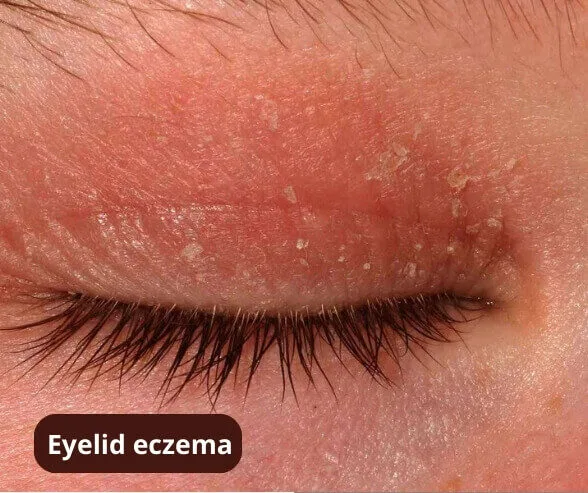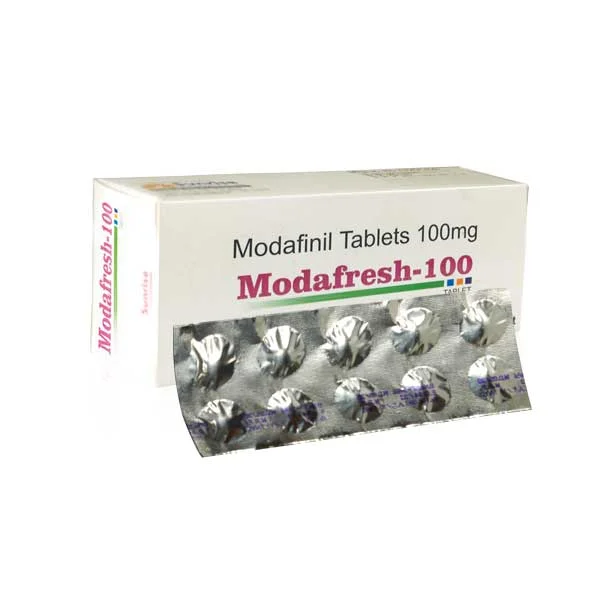Preventing Dermatitis Around the Eyes: Tips and Strategies
Understanding Dermatitis Around the Eyes
Dermatitis around the eyes is a common and often frustrating condition that affects many people. This inflammation of the skin can cause redness, itching, scaling, and discomfort in the delicate eye area. Understanding the causes and implementing effective prevention strategies can help keep your eye area healthy and comfortable.
Common Causes of Eye Dermatitis
Before diving into prevention techniques, it’s essential to understand what causes dermatitis around the eyes. Some common triggers include:
- Allergic reactions to cosmetics, skincare products, or eye drops
- Contact with irritants like soaps, detergents, or fragrances
- Environmental factors such as dry air, cold weather, or pollution
- Underlying skin conditions like eczema or seborrheic dermatitis
- Stress and lack of sleep
- Certain medications
- Food allergies
Identifying your specific triggers is crucial for developing an effective prevention plan.
Essential Tips for Preventing Eye Dermatitis
1. Choose Gentle, Hypoallergenic Products
One of the most important steps in preventing dermatitis around the eyes is selecting the right products. Opt for:
- Fragrance-free and hypoallergenic cosmetics
- Gentle, non-irritating cleansers
- Moisturizers specifically formulated for sensitive skin
- Sunscreens designed for use around the eyes
Always patch test new products on a small area of skin before applying them near your eyes.
2. Practice Proper Hygiene
Maintaining good hygiene habits can significantly reduce the risk of eye dermatitis:
- Wash your hands thoroughly before touching your face or applying products
- Remove makeup completely before going to bed
- Clean your eyelids gently with a mild, tear-free baby shampoo or specialized eyelid cleanser
- Avoid rubbing or scratching your eyes, even when they feel itchy
3. Protect Your Eyes from Environmental Factors
Environmental triggers can exacerbate or cause dermatitis. To protect your eyes:
- Wear sunglasses to shield your eyes from UV rays and wind
- Use a humidifier in dry environments to add moisture to the air
- Apply a protective barrier cream in cold or windy weather
- Avoid direct contact with known irritants like household cleaning products
4. Manage Underlying Skin Conditions
If you have eczema, seborrheic dermatitis, or other skin conditions, proper management is key to preventing flare-ups around the eyes:
- Follow your dermatologist’s treatment plan
- Use prescribed medications as directed
- Keep the skin around your eyes well-moisturized
- Avoid triggers that worsen your condition
5. Adopt a Healthy Lifestyle
Your overall health can impact your skin’s condition. To support healthy skin around your eyes:
- Get adequate sleep to reduce stress and promote skin repair
- Stay hydrated by drinking plenty of water
- Eat a balanced diet rich in antioxidants and omega-3 fatty acids
- Exercise regularly to improve circulation and reduce stress
Specific Strategies for Different Types of Eye Dermatitis
Atopic Dermatitis (Eczema) Around Eyes
For those prone to eczema around the eyes:
- Use a thick, fragrance-free moisturizer daily
- Apply a cool compress to soothe irritation
- Consider using over-the-counter hydrocortisone cream (as directed by a healthcare professional)
- Identify and avoid specific triggers, such as certain fabrics or foods
Contact Dermatitis Prevention
To prevent contact dermatitis around the eyes:
-
- Keep a diary to track products and potential allergens
- Use gloves when handling potential irritants
- Choose products labeled “ophthalmologist tested” or “for sensitive eyes”
- Avoid touching or rubbing your eyes after handling new products or materials
Seborrheic Dermatitis Management
For those susceptible to seborrheic dermatitis:
- Use an anti-dandruff shampoo on your eyebrows and eyelids (with eyes closed)
- Apply a gentle, non-irritating moisturizer to keep the skin hydrated
- Consider using an antifungal cream as recommended by your dermatologist
- Manage stress levels, as stress can trigger flare-ups
When to Seek Professional Help
While prevention is key, sometimes professional intervention is necessary. Consult a dermatologist or ophthalmologist if:
- Your symptoms persist despite home care measures
- The dermatitis is severe or spreading
- You experience vision changes or eye pain
- You suspect an infection (increased redness, swelling, or discharge)
- You’re unsure about the cause of your symptoms
A healthcare professional can provide a proper diagnosis and recommend targeted treatments, which may include prescription medications or specialized skincare routines.
Natural Remedies to Complement Prevention Strategies
In addition to the above strategies, some natural remedies may help soothe and prevent dermatitis around the eyes:
- Aloe vera gel: Known for its anti-inflammatory properties, pure aloe vera can be gently applied to the affected area.
- Coconut oil: Its moisturizing and antimicrobial properties may help some individuals (but patch test first, as it can be comedogenic for some).
- Chamomile tea bags: Cooled and placed on the eyes, they can help reduce inflammation and soothe irritation.
- Cucumber slices: Their cooling effect can provide relief and reduce puffiness.
Remember to consult with a healthcare professional before trying any new remedies, especially on the sensitive eye area.
The Importance of Consistency in Prevention
Preventing dermatitis around the eyes requires consistent effort and patience. It may take time to identify all your triggers and find the most effective prevention strategies for your specific situation. Stay committed to your skincare routine and be mindful of potential irritants in your environment.
Regular check-ins with yourself about the condition of your skin can help you catch any issues early. Keep a journal to track your skincare routine, any new products you try, and how your skin responds. This information can be invaluable in refining your prevention strategy over time.
Conclusion
Preventing dermatitis around the eyes is about more than just avoiding discomfort – it’s about maintaining the health and appearance of one of your most expressive features. By understanding the causes, implementing targeted prevention strategies, and being proactive about your eye area’s health, you can significantly reduce your risk of developing this irritating condition.
Remember that everyone’s skin is unique, and what works for one person may not work for another. Be patient with yourself as you discover the best prevention methods for your skin. With consistent care and attention, you can keep the delicate skin around your eyes healthy, comfortable, and free from dermatitis.













Post Comment